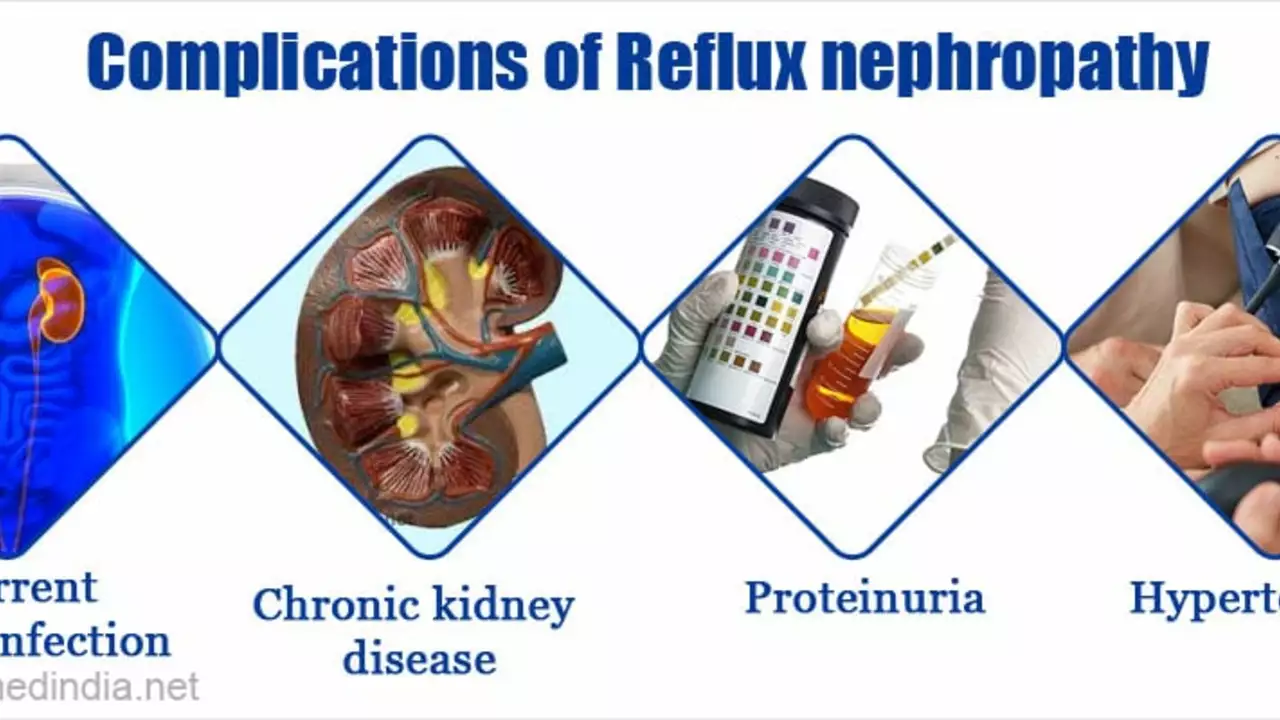Complications: Spot Them Early, Stop Them Fast
Complications rarely arrive announced. They usually begin as small changes: more tired than usual, a new rash, lightheaded after a dose, or pain that won’t quit. Catching those early signs can keep a simple problem from turning into an emergency. This page gives clear, practical steps you can use right away—especially around medications and online pharmacy risks.
Quick warning signs you shouldn’t ignore
If you notice any of these, act fast: breathing trouble, sudden chest pain, fainting, severe swelling of face or throat, high fever, severe stomach pain, or sudden confusion. For medication-specific issues, watch for rash, intense dizziness, vomiting that won’t stop, or new bleeding. If symptoms are severe, call emergency services. If they're milder but new after starting a drug, contact your prescriber or pharmacist the same day.
Keep a short list in your phone with your meds, doses, allergies, and emergency contact. That saves time when every second counts.
How to prevent most medication-related complications
Start with a simple checklist every time you get a new prescription: confirm the drug name, dose, how often, and how long to take it. Ask about common side effects and serious ones—then write the answers down. Use one pharmacy when possible so your pharmacist can spot dangerous interactions. If you buy meds online, choose licensed pharmacies, require a valid prescription, and avoid sites offering surprisingly cheap controlled drugs without a prescription.
Tapering and stopping meds matters. Some drugs cause withdrawal if you stop suddenly. Don’t quit on your own—ask your doctor how to taper safely. If you feel worse after reducing a dose, call the prescriber quickly. For drugs like steroids, blood pressure meds, antidepressants, and some heart medicines, a planned taper prevents nasty rebound effects.
Watch for interactions. Over-the-counter pills, supplements, and herbal remedies can change how prescription drugs work. Simple tools like free interaction checkers, or a quick pharmacist call, can prevent serious problems. Carry a current med list to every appointment.
Routine monitoring prevents many complications. Blood tests, blood pressure checks, and follow-up visits exist for a reason. If your doctor orders labs, get them done on time and share the results. If you can’t afford tests, ask about lower-cost options—many clinics and labs offer sliding scales or bundled pricing.
If a complication happens, document everything: what you took, when symptoms started, and who you called. Save packaging and prescription labels. That makes it easier for clinicians to act fast and for you to get the right help.
Complications are scary, but most are avoidable or manageable with quick action, clear communication, and a little planning. Keep your med list current, use trusted pharmacies, and don’t hesitate to ask questions—your health depends on it.

